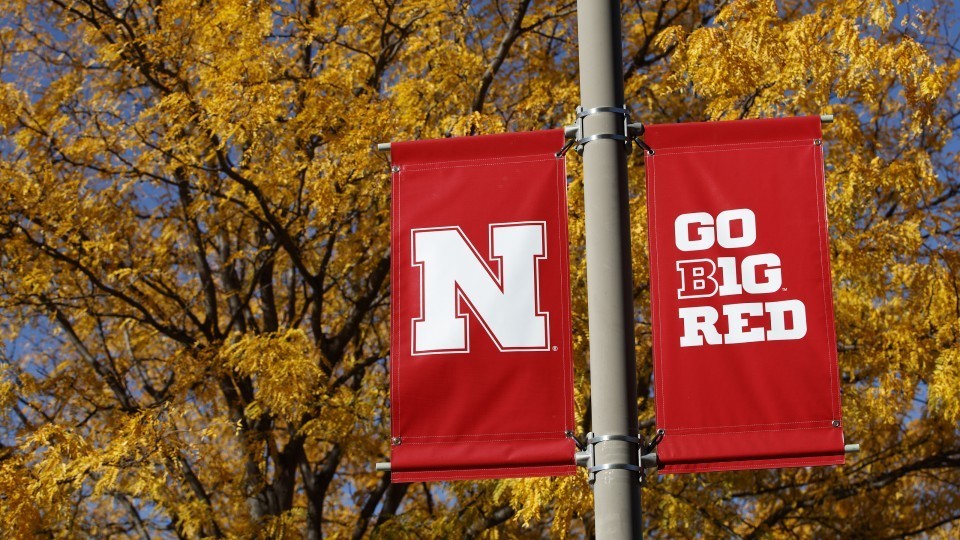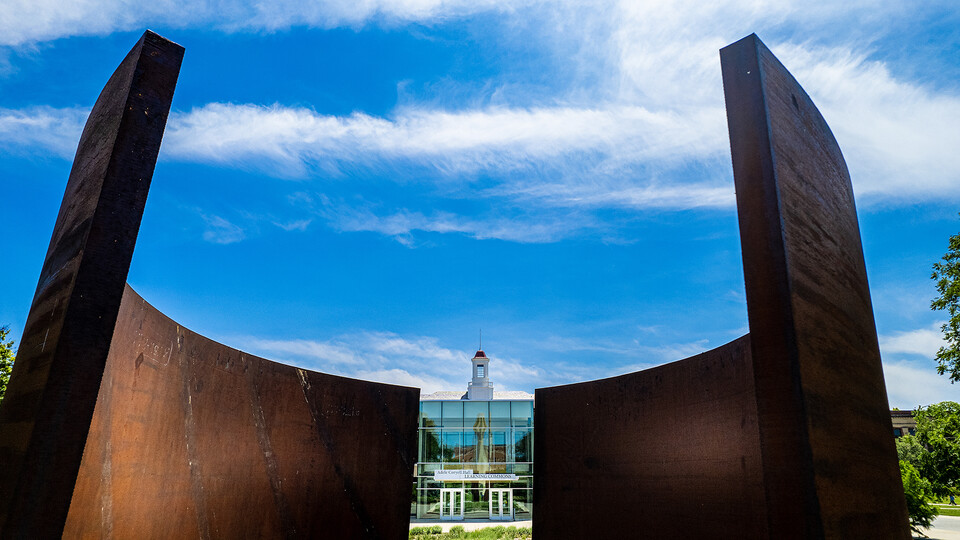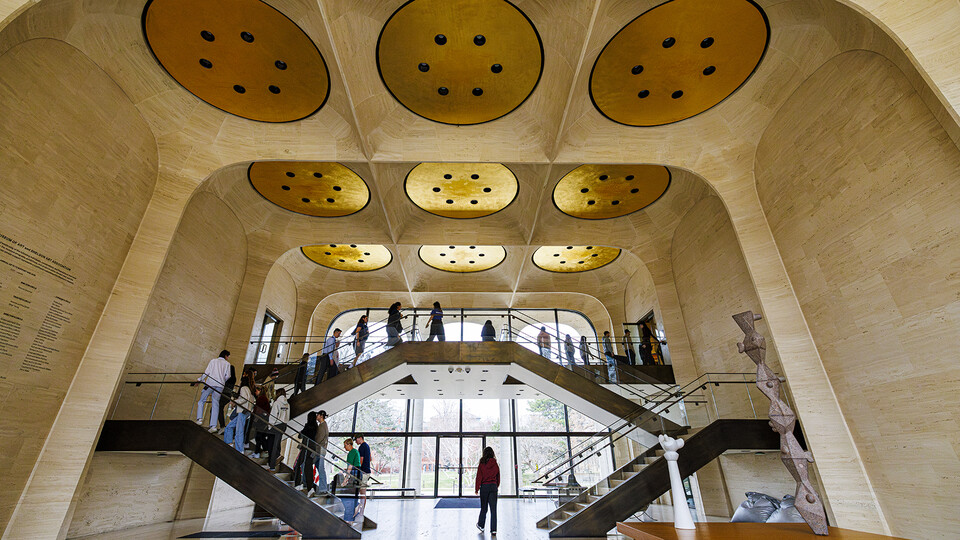
Accolades and Top Awards updates from the Office of Research and Economic Development.
Marco Abel, professor and chair of the Department of English, was awarded a Berlin Prize from The American Academy in Berlin. The annual award is presented to scholars, writers, composers and artists from the U.S. who represent the highest standards of excellence in their fields.
- - -
Clark Archer, geography, received a 2019 E. Willard and Ruby S. Miller Award from the American Association of Geographers. He was honored for his significant contributions to political geography, cartography, population geography and demographics. The annual award recognizes association members who have made outstanding contributions to the geographic field through special competence in teaching or research.
- - -
Kwame Dawes, English, received the Windham-Campbell Prize, one of the world’s most lucrative literary honors. The prizes, worth $165,000 to each winner, are administered by Yale University’s Beinecke Rare Book and Manuscript Library and recognize exceptional English language writers in the areas of poetry, fiction, nonfiction and drama. Dawes, Glenna Luschei Editor of Prairie Schooner, is the author of 20 books of poetry and numerous other works of fiction and nonfiction. Other accomplishments include a 2004 Musgrave Medal, a 2009 Emmy Award for a multimedia documentary project on HIV/AIDS in Jamaica and a 2012 Guggenheim Fellowship.
- - -
Xiao Cheng Zeng, chemistry, was named a 2019 Materials Research Society Fellow. Fellows are selected for their distinguished research accomplishments and outstanding contributions to advancing materials research worldwide. Zeng was honored for his work on low-dimensional ice and clathrate gas hydrates, structures of ligand-covered gold clusters, catalysis with surface-supported gold and metal clusters, and computational design of low-dimensional materials.
- - -
The Department of Biochemistry at Nebraska received the Universitywide Departmental Teaching Award, one of the University of Nebraska President’s Faculty Excellence Awards and NU’s top honor for excellence in teaching. The award recognizes unique and significant contributions to NU’s teaching efforts and outstanding commitment to student education. The biochemistry department, chaired by Paul Black, Charles Bessey Professor of biological chemistry, was recognized for its revitalized curriculum that has enhanced the student experience, and for its faculty’s outstanding research record. The department will receive $25,000 to be used in a manner that the department sees fit.
- - -
Kristen Olson, sociology, was appointed to a National Academies of Sciences, Engineering and Medicine panel for the Contingent Worker Supplement of the Current Population Survey, a monthly survey of approximately 60,000 U.S. households conducted by the U.S. Census Bureau.
- - -
Ashley Garcia, doctoral candidate in communication studies, authored “(De)Humanizing the Black Male Athlete: Han’s Achievement Doping Society in the Realm of Football.” The paper will be named the top student paper of the Sports Communication Interest Group of the Central States Communication Association at its meeting in Omaha, Nebraska, April 4-6.
- - -
Mehmet Can Vuran, computer science and engineering, co-authored a research paper, “Internet of Underground Things in Precision Agriculture: Architecture and Technology Aspect.” Ad Hoc Networks Journal has cited the paper as one of the Top 10 Most Downloaded Articles.
- - -
Department of Chemistry
- X. Zeng, B. Cheung
- $256,188
- University of Pennsylvania
- Exploration of Low-dimensional Gas Clathrate Hydrates
- - -
Department of Physics and Astronomy
- P. Dowben
- $340,001
- University of Central Florida
- Controlling Structural, Electronic and Energy Flow Dynamics of Catalytic Processes through Tailored Nanostructures
- - -
School of Biological Sciences
- Q. Li
- $1,526,720
- University of Maryland
- Next Generation Broadly Neutralizing Antibodies to Clear HIV-1 Reservoir


